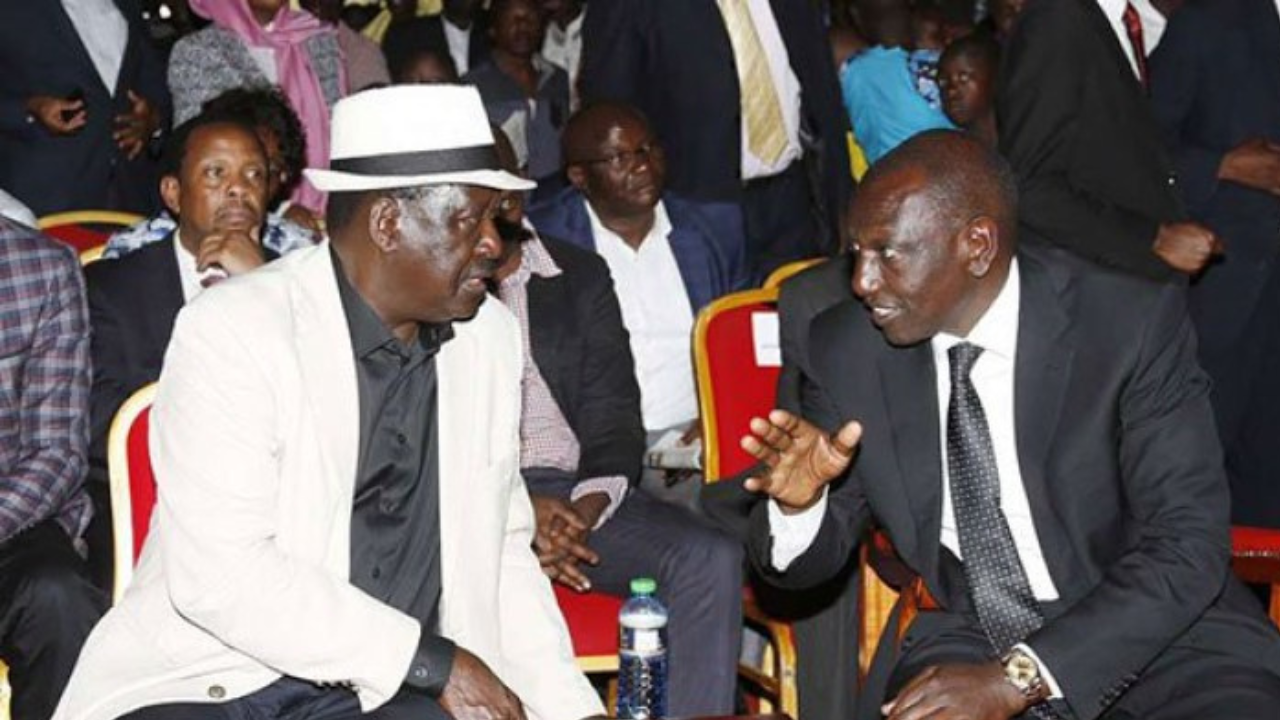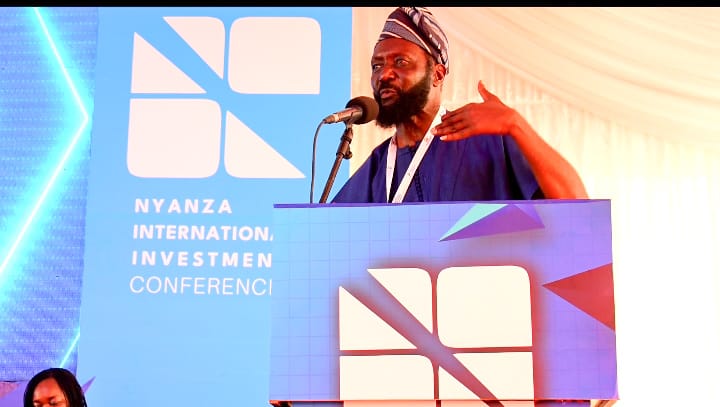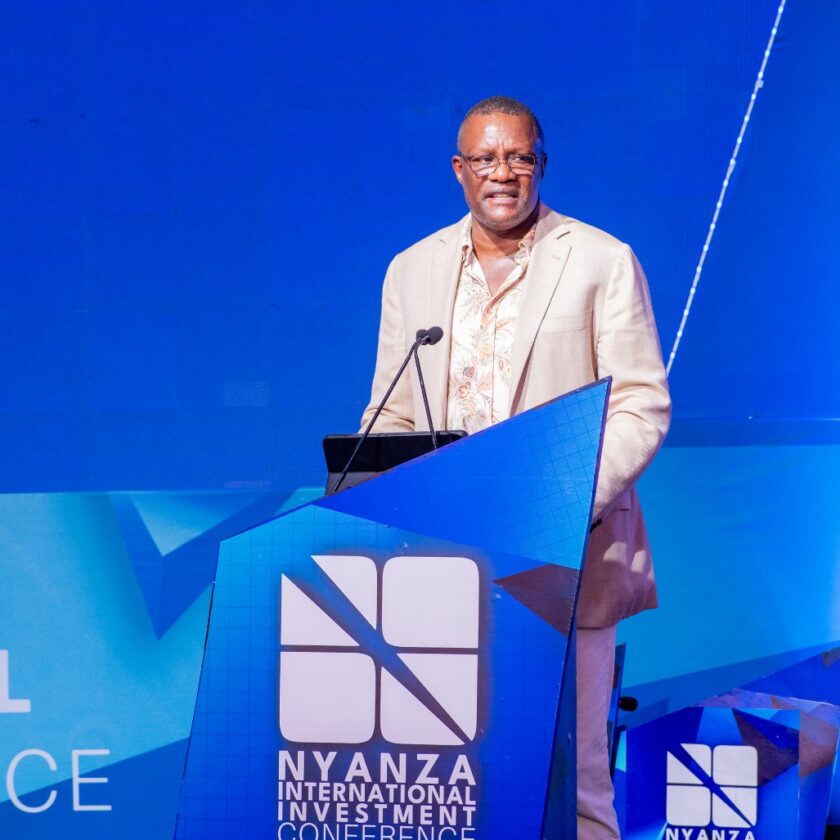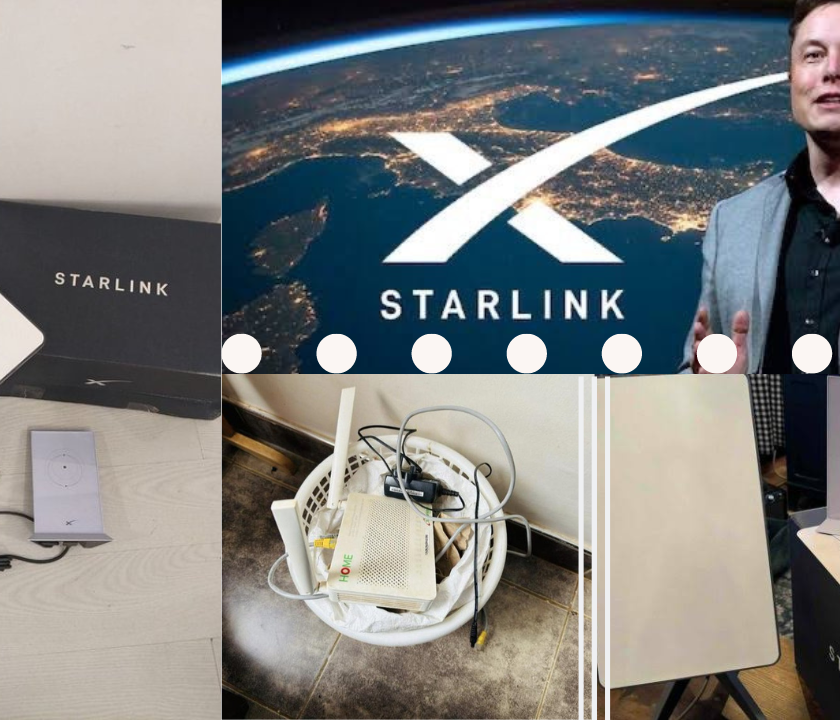In an unsettling development, President William Ruto is maneuvering Azimio la Umoja leader Raila Odinga into contention for a significant African Union role, a move that starkly deviates from the core responsibilities of opposition leadership. This strategy, shrouded in secrecy, threatens to erode the very foundation of democratic checks and balances that Raila has long championed.
Prime Cabinet Secretary and Foreign Affairs and Diaspora CS Musalia Mudavadi is spearheading this contentious campaign, aiming to position Raila as the chairperson of the African Union Commission (AUC) during an AU meeting in Addis Ababa, Ethiopia. This audacious push marks a potential abandonment of Raila’s pivotal role in providing essential oversight to the government, risking the dilution of opposition vigor and the principles of accountability it is supposed to uphold.
The underlying deal between Ruto and Raila, simmering behind closed doors, not only threatens to compromise the integrity of the opposition but also raises serious questions about the authenticity of Raila’s previous challenges to electoral justice. By aligning with Ruto, Raila risks validating an administration he once accused of illegitimacy, betraying his long-standing fight for electoral reforms and the trust of his ardent supporters.
This alliance could alienate Raila’s base, who have entrusted him to champion their interests against perceived governmental injustices. Moreover, the stark policy and ideological rifts between Raila and Ruto pose significant concerns. Collaboration may necessitate compromising on critical issues, alienating supporters and undermining Raila’s political platform and legacy.
Strategic Masterstroke, is a Divisive and Detrimental Gamble
Engagement with Ruto’s administration, particularly if it’s perceived as failing to address pressing issues like the high cost of living and governance shortcomings, could be seen as complicity in these failures. Such a move would not only jeopardize the opposition’s role in fostering a vibrant democracy but also restrict public protest and expression, signaling an endorsement of these limitations rather than advocating for greater freedoms.
Raila’s hint at not contesting in the 2027 elections, possibly to support Wiper leader Kalonzo Musyoka, and the secret negotiations with Ruto suggest a strategic retreat from frontline politics. This development could demoralize his support base, impacting the opposition’s ability to effectively mobilize and campaign in future elections, thereby affecting their prospects in 2027 and beyond.
Furthermore, if Raila’s agenda truly prioritizes addressing social and economic inequalities, aligning with a government whose policies may not reflect these goals represents a departure from his envisioned path toward justice and equity.
The legacy of Raila Odinga, a figure synonymous with reform and opposition in Kenyan politics, stands at a crossroads. His potential cooperation with an administration he has previously critiqued threatens to tarnish his historical and political integrity, leaving his supporters and the broader democratic process in a state of uncertainty and disillusionment.
This development casts a shadow over the political landscape, raising profound questions about the future of opposition politics, the integrity of electoral processes, and the very essence of democratic accountability in Kenya.
Kisumu city News
.




